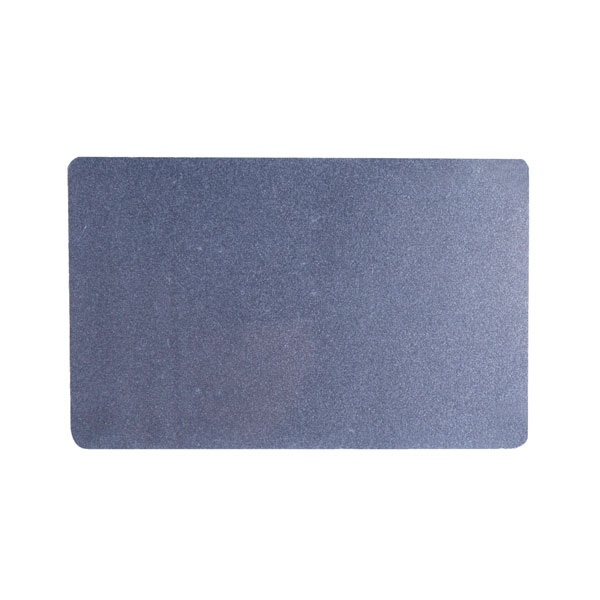Customs is the bridge and link between domestic and overseas. Customs plays an important role and trade in the world economy. As the total volume of import and export trade continues to grow, so does the volume of cargo transportation. There is no doubt about how to pass the customs clearance speed, strengthen customs supervision and adopt high-tech power. The use of smart technology can make a substantial difference for customs management. Research on the potential application of RFID technology in smart customs to solve the inherent limitations of the current system, its notable characteristics are the speed of information processing, efficiency and effective electronic control. RFID will effectively improve the customs procedures for all intermediate stages of border control before arriving at the customs.
In recent years, the customs has promoted the construction of smart customs, using big data, artificial intelligence, mobile Internet and other new technologies and port inspection equipment. Many railway ports have achieved 90% intelligent unmanned operation. When the container arrives through the pass, it uses the pass automatic identification and entry system. The relevant information has been automatically collected and entered into the supervisory workplace management system, and the cargo arrival report is automatically generated. The time for the container to get through the pass is only about 10 seconds.
Ports and customs are the window through which our country connects to the world. The speed of loading and unloading cargo containers also determines the speed at which we connect to the world. The international railway port keeps up with the pace of the times, boldly experimented, innovated and enterprising, optimized the operation process, and the entire process has been shortened to 30 minutes. The entire process has been shortened to 30 minutes for the automatic terminal card entry, pickup and exit of the transfer vehicle. In addition, in order to improve the informatization level of railway port customs supervision and management of workplaces, a smart port supervision system was built, and the port automatic identification system, 3D visualization supervision data platform, imported vehicle RFID radio frequency supervision system, inspection management information system, and rare Application systems and projects such as metal rapid detectors have been upgraded and perfected the container customs clearance management system. At present, most railway ports have achieved 90% intelligent unmanned operation.
Through the organic integration of intelligent pass hardware facilities, Internet of Things RFID (Radio Frequency Identification) technology and regional information system, the goods, vehicles and pass hardware in and out of the zone will realize information interaction. The unified filing and management of cargo vehicles in and out of the zone through various scientific and technological information forces will realize paperless management, rapid verification, automatic elimination of account books and full traceability in the process of cargo transportation. Effectively improve the efficiency of port entry and exit, logistics management, and technological level. RFID technology will occupy an important opportunity in the future customs supervision reform, especially the logistics monitoring reform in special supervision areas, and lay a solid foundation for the future development of the region.




